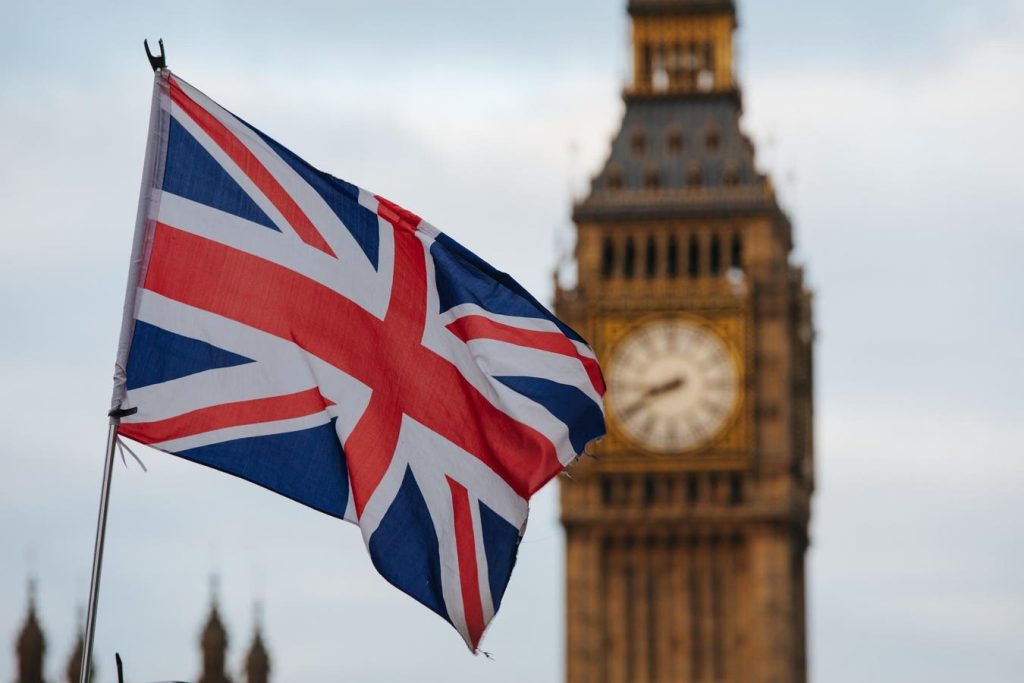The United Kingdom’s transition to sustainability reporting standards
The United Kingdom has announced its intention to adopt new sustainability reporting standards, starting with S1. The proposal, announced on June 25th, follows a preliminary draft and provides a roadmap for the transition. The transition begins with the “exposure draft of UK sustainability reporting standards: UK SRS S1 and UK SRS S2,” to be finalised by 2025.
The IFRS Sustainability Standards are divided into two tiers: S1 and S2. S1 focuses on sustainability disclosure, while S2 incorporates specific climate-related disclosures in conjunction with S1. Both tiers aim to align with international standards while addressing the specific needs of the UK.
The UK initially required sustainability reporting in 2022, following the release of the IFRS Sustainability Standards. The Department of Business and Trade implemented a phased approach, starting with updating the S2 standard and proceeding to the S1 draft. The S2 standard emphasizes climate-related disclosures made in aid of S1, linking the two tiers for a cohesive approach to sustainability reporting.
The transition process involved multiple stakeholders, including the Interpretative Technical Advisory Committee (TAC) and the Supportive Policy Implementation Committee (PIC). The UK Phase 2 standard focuses on climate-related risk disclosure in the first year, with delays in broader sustainability reporting. Alphabetically progressing to year 2 and 3, S2 culminates in full reporting practices by year 3.
Amendments were introduced in S1, ensuring that companies could delay sustainability reporting while aligning it with financial regulations. Amendment 1 allowed companies to defer sustainability disclosures for one year instead of triggering financial reporting annually. Amendment 2 extended the delay to only climate-related risks in the first year, gradually removing constraints as companies entered later years.
Amendments 3 and 4 introduced optional classification standards, allowing companies to use GICS, industry-specific accounts, or their local approach, enhancing connectivity with reporting mechanisms. Amendment 5 addressed costs by providing an “initial” allowance of using the fees and instructions from the SASB, while Amendment 6 adjusted the reliefs to tie them to mandatory reporting as they become more critical.
The UK Phase 1 standard, effective in 2024, will likely set the pace for compliance with new standards. However, existing reporting to the IFRS-regulated financial markets must still comply with S2. This dual compliance offers flexibility but requires stakeholders to adapt to both systems.
The draft outlines a proposed final timeline for S1 and S2, expected to be finalized by autumn 2025. interest groups from the 때chnickendeItemSelectedListener (TAC) and the Stakeholder Implementation Committee (PIC) are addressing key issues, with the full group meeting set for September 24.
Despite progress, collaboration between stakeholders remains essential to meet the dual requirements. The consultation process, open until September 17, aims to clarify ambiguities in the standards and ensure Mohammed phew are addressed.
The decision represents a significant step forward for sustainability in the UK, though future adjustments will depend on stakeholder engagement and regulatory priorities. The phased approach reflects a balance between innovation and stability, while the consultations will ensure the standards are tailored to the country’s cultural context and existing reporting systems.












